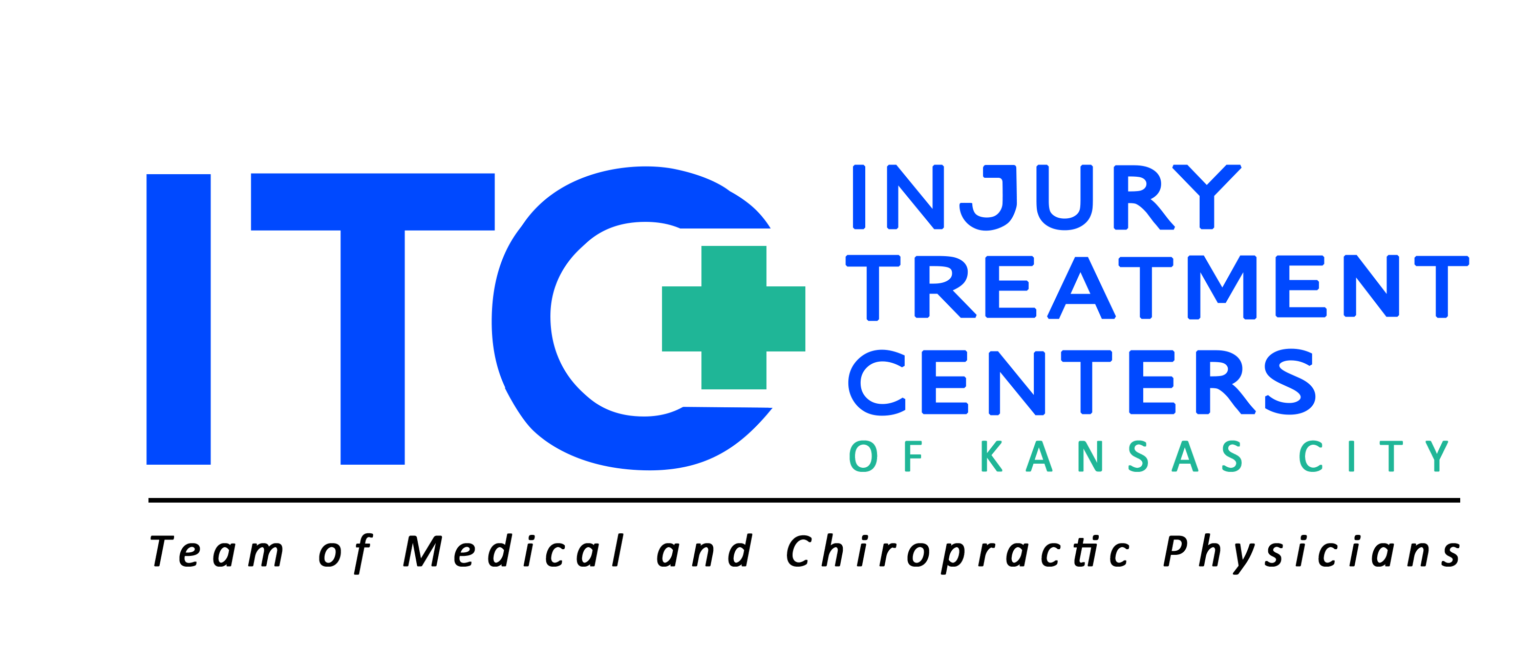Whiplash injuries occur when the head and neck are suddenly thrust back and forth during a crash, resembling the motion of a whip. These injuries can happen even in low-speed accidents of 10 miles per hour or more and can affect various structures in the body, including:
- Muscles connecting the skull to the neck
- Muscles linking the neck vertebrae to each other
- Muscles attaching the neck to the mid-back
- Ligaments and tendons connecting the skull to the neck and mid-back
- Cerebral cortex, cerebellum, brain stem, spinal cord, and spinal nerves
The most common whiplash injuries include:
- Sprain/strain injuries: These affect the neck, jaw, mid-back, and lower back.
- Shearing/tearing injuries: These involve the nerve coverings around the brain stem, spinal cord, and spinal nerves.
- Contusions: These are bruises that occur on the frontal lobe and cerebellum of the brain.
Injuries to the cerebellum, brain stem, and spinal cord are particularly concerning because they often lead to imbalance, dizziness, and vertigo. Additionally, jaw injuries, commonly referred to as temporomandibular joint (TMJ) disorders, can also contribute to these symptoms.
The severity of these injuries can escalate if the accident is more severe or if the head and trunk are rotated at the time of impact. This highlights the critical importance of receiving a thorough examination by an injury specialist immediately after a car accident. Even if you do not initially experience significant symptoms, aches, or pains, underlying injuries can still be present. Early detection and intervention are crucial for ensuring a comprehensive and effective recovery.
If you or someone you know has been involved in a car accident, it is essential to seek medical attention without delay. Contact Injury Treatment Centers of Kansas City at (816) 886-9005 or schedule an appointment. Early intervention can significantly enhance the recovery process and provide peace of mind. Do not delay in seeking the necessary care and evaluation.

